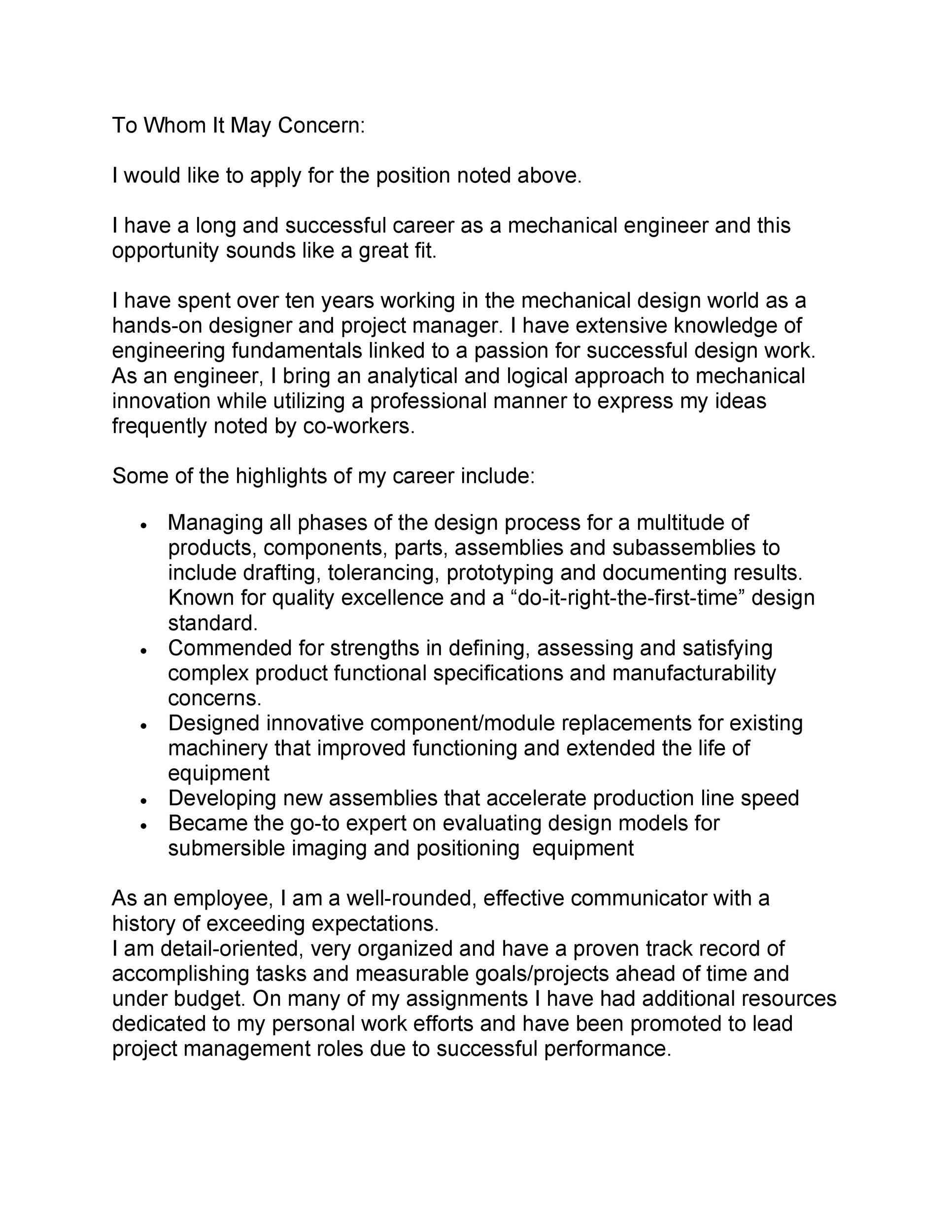
You don’t know who is going to read your recommendation, so there’s no possibility of including any information. When you’re writing a reference for a coworker or former colleague, writing “To Whom It May Concern” on the first line is appropriate. Here are a couple of situations when you can use this phrase to send your message without getting weird looks (figuratively, of course). That is the moment when you may want to use ”To Whom It May Concern”. When you searched long and hard, there is a possibility that you can’t find the right name for your message. Now, let’s go into when and when not to use “To Whom It May Concern” in business correspondence. The first letter of each word is capitalized, and you should use a colon afterward instead of a comma.

When you are unsure whether the person you are addressing the email to is getting it, you are probably better off using generic salutations.īecause “To Whom It May Concern” comes from formal communication, be sure to spell it correctly. That is one reason why it is not common to use it anymore. Today, it is relatively simple to find out the name of your contact person. Where does “To Whom It May Concern” come from?īack in the day, ‘To Whom It May Concern” was used as a salutation in a formal letter when you didn’t know who to address the letter to. In this article, we’ll go into exactly when to use it and when to avoid it. Using “To Whom It May Concern” out of habit is getting outdated.

You should know how to use it and when it is appropriate to use what. Today, there are many alternatives available. In most cases, they recommend that you use “To Whom It May Concern”. When we were in school, many of us learned that it is essential to start your formal communication professionally.


 0 kommentar(er)
0 kommentar(er)
